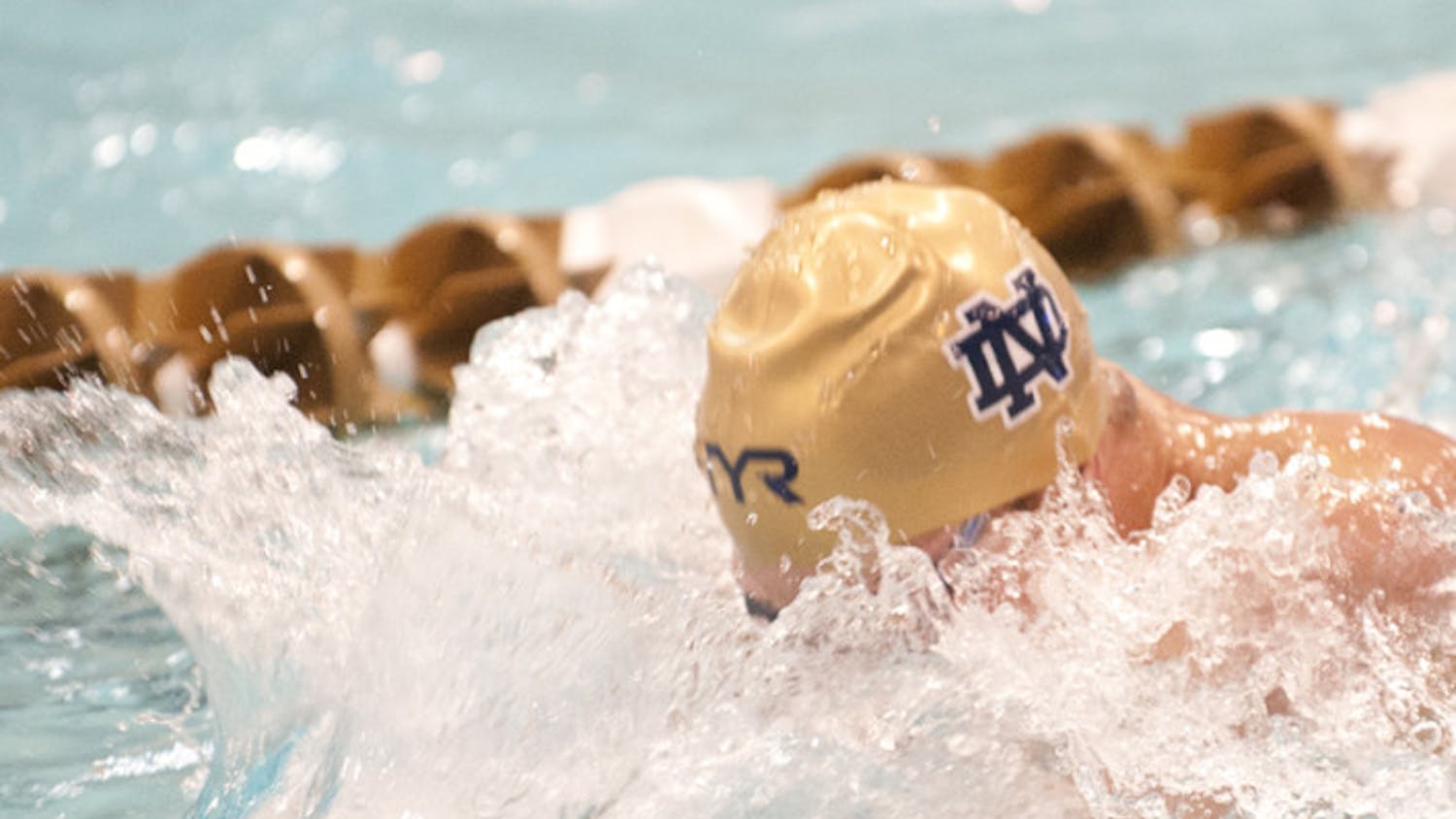On February 14, 2016, Kanye West, the ever-eccentric rapper tweeted out a simple message — “Ima fix Wolves.”
Now was Mr. West referring to a track on his new album — released earlier that day — named Wolves? Almost certainly. But this pledge to “fix Wolves” had far-reaching effects beyond what Kanye could have ever imagined, as more “Wolves” than just those which lived inside the track listing of “The Life of Pablo” were given a boost.
Across the Atlantic in the West Midlands of England, Wolverhampton Wanderers — commonly referred to as Wolves — sat in 12th place in the Championship — the second division of English soccer. Promotion to the Premier League, and all the glory associated with playing in one of the world’s most popular leagues, seemed a far cry for the once great Wolves.
As one of the founding members of the Football League in 1888, there’s a lure around the club akin to that of being an original six team in the NHL. In 1950s, Wolves dominated English soccer, winning three top-flight titles during that decade. But since the early 1980s, the bottom has fallen out on the club, dropping as low as the fourth tier of English soccer. By 2016, Wolves had become one of numerous lower division teams bouncing between divisions, longing for a relatively unachievable glory. Someone needed to come in and “fix Wolves.”
The fix began later that summer when Chinese billionaire Guo Guangchang and his Fosun International Group bought the club, infusing it with the cash necessary to buy new players and bring the squad up to Premier League caliber.
Equally important to bringing in cash to the club, Guangchang brought his close friend Jorge Mendes, a Portuguese agent, into the club to serve as an advisor.
Since joining the club, Mendes has used his connections in his homeland to help sign the services of some of the best talent Portugal has to offer outside of Cristiano Ronaldo, with starlet Ruben Neves proving particularly influential during the 2017-18 season.
With this influx of cash and talent, Wolves cruised to the 2017-18 Championship title and won promotion back to Premier League.
Thanks to this promotion, Wolves were able to sign even more top quality Portuguese talent, with 2016 European champions Rui Patricio and Joao Moutinho joining the club this summer.
Wolves’ sudden success, and the way in which they have done it, have made two bold statements — one positive, one not so much.
We’ll get the not-so-positive implications of this success story out of the way first.
Wolves’ rise to the top has basically proven that money equals success in the biggest soccer leagues in the world. While player development and coaching can certainly help a team, a rich owner is the best way to turn a team around.
That being said, the way in which Wolves have transformed has been a subtle and powerful statement in the current political climate of the United Kingdom.
With British voters — especially those in England — making the decision to turn inward and spurn the rest of the continent when they voted to leave European Union, Wolves’ decision to reach back out to the continent to improve their team seems to pose a direct argument against the hard borders of Brexit. Five of Wolves’ starting 11 in their 1-1 draw with champions Manchester City this past week hailed from Portugal and only two of 11 coming from England.
This international lineup helped revive one of the most historic clubs in English soccer and, with every game they play this season, will prove a model of success and openness for the rest of the league.










